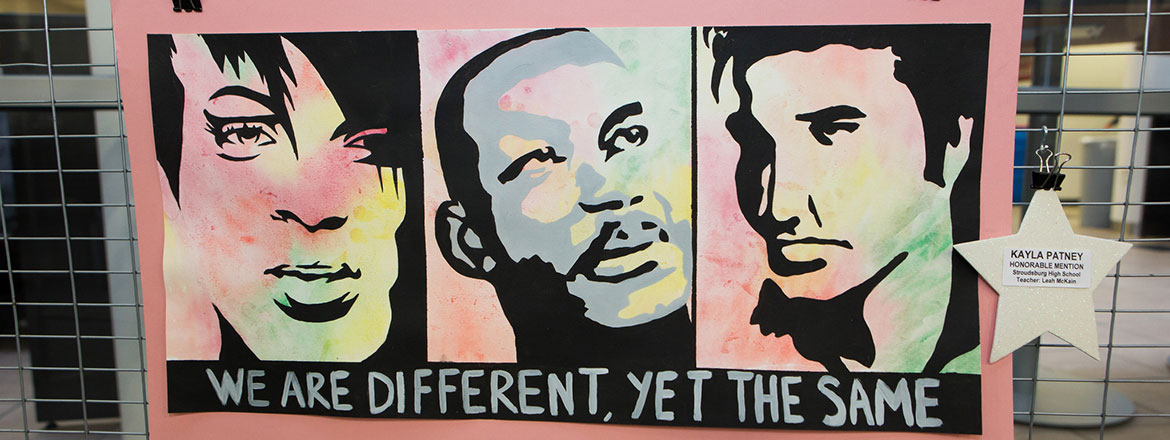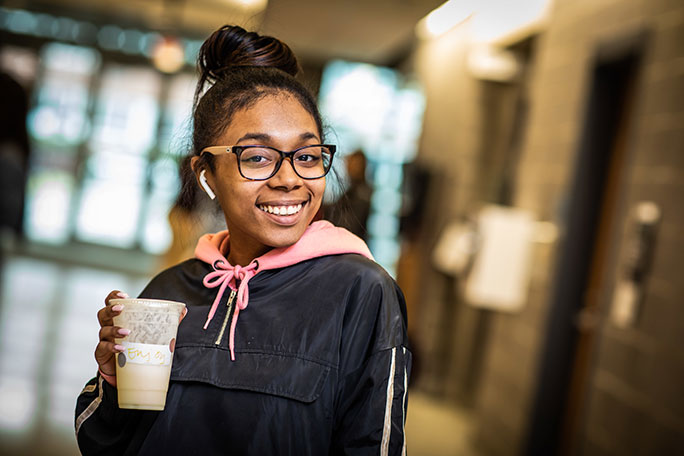
Inclusive Excellence
ESU's commitment to creating a welcoming and belonging environment for everyone on campus drives our efforts.
As an institution of higher learning, we value diversity of thoughts, perspectives and ideas, while also embracing the uniqueness of our campus community.
Get involved in student organizations or groups for faculty and staff, or visit ESU's various departments and other resources for more information!
What is Inclusive Excellence?
The Association of American Colleges and Universities defines inclusive excellence as an active process which enables colleges and universities to achieve excellence by repositioning human uniqueness as fundamental to every aspect of the institution. This definition is intended to be flexible to adapt campus-wide and is grounded by four basic principles:
 A focus on student intellectual and social development. Academically, it means offering the best possible course of study for the context
in which the education is offered.
A focus on student intellectual and social development. Academically, it means offering the best possible course of study for the context
in which the education is offered.- A purposeful development and utilization of organizational resources to enhance student learning. Organizationally, it means establishing an environment that challenges each student to achieve academically at high levels and each member of the campus to contribute to learning and knowledge development.
- Attention to the cultural differences learners bring to the educational experience and that enhance the enterprise.
- A welcoming community that engages all of its diversity in the service of student and organizational learning.
Contact Us
Contact Information
- Campus Address
- Reibman Administration Building
- Phone:
- (570) 422-3463
- Fax:
- (570) 422-3410 (Fax)
- Title of Department Leader
- Vice President, Campus Life & Inclusive Excellence
- Name
- Dr. Santiago Solis
- E:
- ssolis@esu.edu



